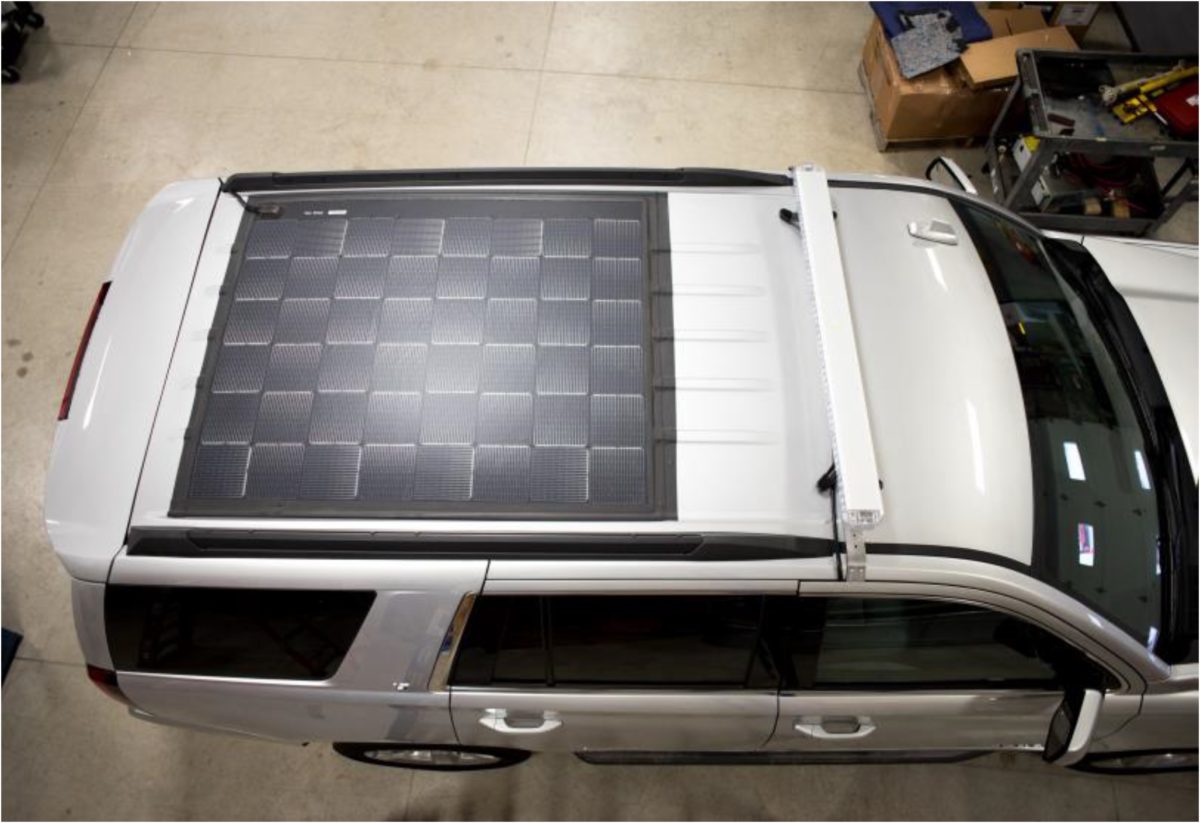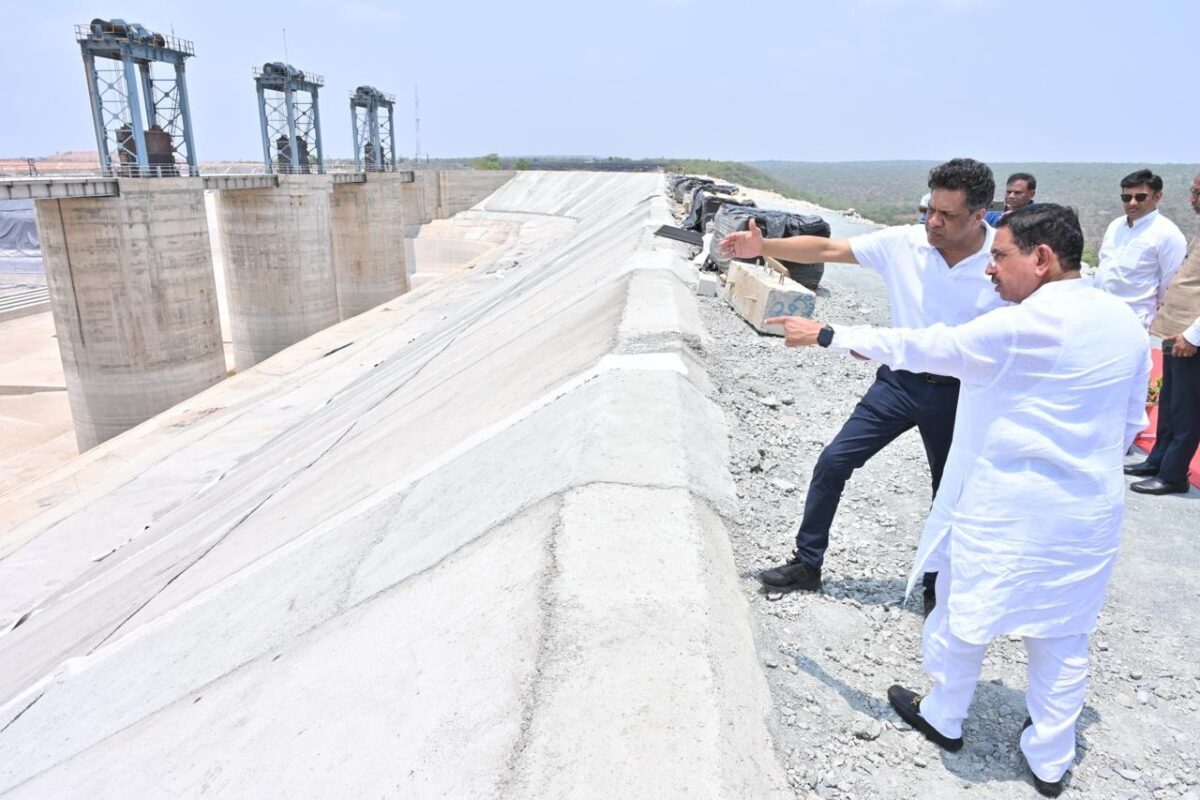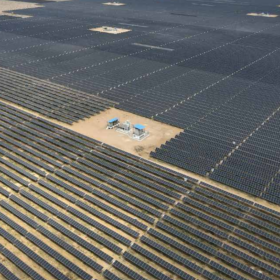Exploring new markets to boost its revenues, Mumbai-based solar PV panel manufacturer and EPC contractor Waaree Energies has launched solar modules to support energy requirements of services like refrigeration in electric vehicles. These modules are indigenously designed to be portable, flexible, lighter, durable and more efficient, making them ideal for vehicles.
Sunil Rathi, Director, Waaree Energies said, “With customized solar modules, Waaree is aiming to cater to the electric vehicles that are expected to hit Indian streets in the coming years. With the flexibility and durability of these modules, we expect a great outcome. It will significantly reduce the frequency of charging the vehicles and contribute to reducing climate change. These modules are expected to increase efficiency by 10-25%.”
Built in their Surat plant, the modules are set to reduce costs of maintaining EVs. In addition to electric vehicles, these panels can be installed on commercial vehicles. They are expected to make “charging on the move” the new disruption in the automotive industry.
Waaree Energies claims to have the country’s largest solar PV module manufacturing capacity of 1.5 GW. In addition, it is one of the leading players in India in EPC services, project development, rooftop solutions, solar water pumps, and an independent power producer. The company has presence in over 250 locations nationally and 68 countries globally.
This content is protected by copyright and may not be reused. If you want to cooperate with us and would like to reuse some of our content, please contact: editors@pv-magazine.com.









1 comment
By submitting this form you agree to pv magazine using your data for the purposes of publishing your comment.
Your personal data will only be disclosed or otherwise transmitted to third parties for the purposes of spam filtering or if this is necessary for technical maintenance of the website. Any other transfer to third parties will not take place unless this is justified on the basis of applicable data protection regulations or if pv magazine is legally obliged to do so.
You may revoke this consent at any time with effect for the future, in which case your personal data will be deleted immediately. Otherwise, your data will be deleted if pv magazine has processed your request or the purpose of data storage is fulfilled.
Further information on data privacy can be found in our Data Protection Policy.